
Top 3 Vitamins for Hip Arthritis

Over the past few decades, hip osteoarthritis has become increasingly common—not only among older adults but also in younger people who lead busy, sedentary, or high-stress lifestyles. Factors such as poor nutrition, obesity, chronic inflammation, and overuse of pain medications have all contributed to accelerating the wear and tear of joint tissues.
But here’s the encouraging part: with the right nutrients, movement habits, and lifestyle choices, you can protect your hips and even slow down the progression of osteoarthritis before it becomes painful or debilitating. Prevention truly starts long before symptoms appear.
What Exactly Is Hip Osteoarthritis?
Your hip joint functions as a ball-and-socket structure, allowing smooth, pain-free movement. It’s cushioned by cartilage, a resilient yet flexible tissue made up of collagen, elastin, water, and specialized proteins. This cartilage acts like a natural shock absorber, preventing friction as you walk, bend, or run.
When osteoarthritis develops, this protective cartilage gradually breaks down. As a result, the bones begin to rub against each other, leading to:
-
Persistent or activity-related pain
-
Stiffness after rest or inactivity
-
Inflammation and swelling
-
Limited range of motion or difficulty walking
If left untreated, the damage can progress to bone-on-bone contact, which may eventually require invasive procedures such as hip replacement surgery.
3 Key Vitamins That Strengthen and Protect Hip Joints
1. Vitamin C – The Collagen Builder
Vitamin C is fundamental for collagen synthesis, which supports cartilage strength and elasticity. It also acts as a powerful antioxidant, neutralizing free radicals that can damage joint tissues.
✅ Best Food Sources:
Oranges, strawberries, kiwi, bell peppers, broccoli, potatoes, and Brussels sprouts.
💡 Extra Tip: Aim for a variety of fresh fruits and vegetables daily. Lightly steaming or eating them raw preserves more of their vitamin C content.
2. Vitamin D – The Joint Defender
Vitamin D is essential for calcium absorption, bone density, and immune balance—all crucial for healthy joints. A deficiency not only weakens bones but can also trigger chronic inflammation and accelerate cartilage degeneration.
✅ How to Get It:
-
Sunlight: 15–30 minutes a day (expose arms and face).
-
Foods: Fatty fish (like salmon, mackerel), egg yolks, and fortified dairy.
-
Supplements: Especially useful during winter months or for people with limited sun exposure.
💡 Pro Tip: Combine vitamin D with magnesium and vitamin K2 for optimal calcium metabolism and joint protection.
3. Vitamin K2 – The Bone Stabilizer
Vitamin K2 activates specific proteins that help bind calcium to bones, preventing calcium buildup in soft tissues and supporting cartilage integrity. It works synergistically with vitamin D to maintain both bone strength and joint flexibility.
✅ Best Sources:
Natto (fermented soybeans), hard cheeses, egg yolks, liver, and grass-fed meats.
💡 Extra Insight: Western diets often lack vitamin K2. Adding even small amounts of K2-rich foods can make a measurable difference in joint and bone health over time.
Proven Supplements That Support Joint Health
If you’re already experiencing early signs of osteoarthritis—such as mild discomfort or stiffness—the following supplements can help reduce pain, inflammation, and cartilage loss:
-
Glucosamine Sulfate: Promotes cartilage regeneration and joint lubrication.
-
Chondroitin Sulfate: Reduces inflammation and helps preserve joint space.
-
SAM-e (S-Adenosylmethionine): A natural compound that supports mobility and mood.
-
MSM (Methylsulfonylmethane): A sulfur-rich compound known to ease pain and stiffness.
-
Turmeric (Curcumin) + Piperine: A potent anti-inflammatory duo; take 1,000–3,000 mg daily for best results.
-
Astaxanthin: A powerful antioxidant that helps reduce oxidative stress in joints.
👉 Consistency matters. These supplements work best when taken regularly over several months rather than occasionally.
Lifestyle Habits for Strong, Pain-Free Hips
1. Maintain a Healthy Weight
Every extra pound adds 3–5 pounds of pressure on your hip joints during movement. Even modest, sustainable weight loss can dramatically reduce pain and slow joint wear.
2. Exercise Gently but Consistently
Low-impact exercises—like walking, cycling, swimming, tai chi, or yoga—can:
-
Strengthen supporting muscles
-
Improve balance and flexibility
-
Enhance joint lubrication and reduce stiffness
💡 Try incorporating stretching or foam rolling to improve hip mobility and blood flow.
3. Experiment with Intermittent Fasting
Giving your body breaks from constant digestion can lower systemic inflammation and promote cellular repair. Start with gentle fasting windows (like 12–14 hours) before trying longer fasts.
4. Prioritize Quality Sleep
During deep sleep, your body releases growth hormones that repair tissue and reduce inflammation. To support this process, keep your bedroom cool, dark, and quiet, and avoid screens at least an hour before bed.
5. Stay Hydrated
Cartilage is composed largely of water. Dehydration can make joints less flexible and more prone to friction. Aim for at least 2–2.5 liters of water per day, more if you’re active or live in a hot climate.
In Conclusion
While some degree of joint wear is natural as we age, hip osteoarthritis is not inevitable. By combining targeted vitamin support, anti-inflammatory nutrition, and consistent movement, you can protect your hips and maintain flexibility well into your later years.
Start small—add more whole foods, move daily, and pay attention to how your joints feel. Whether you’re in your 30s, 50s, or beyond, it’s never too early (or too late) to invest in your joint health.
News in the same category

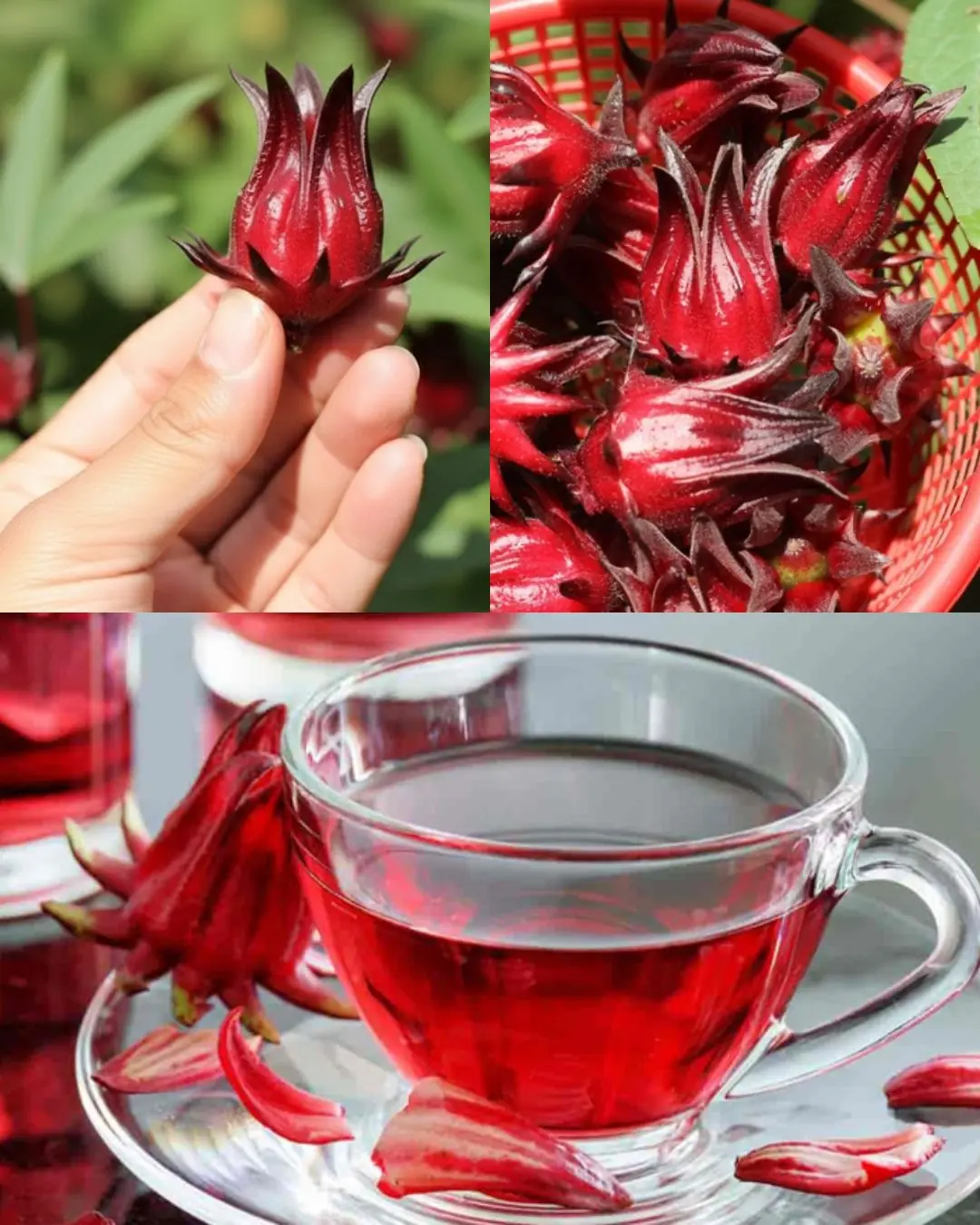
Roselle: The Scarlet Herbal Treasure with Powerful Health Benefits
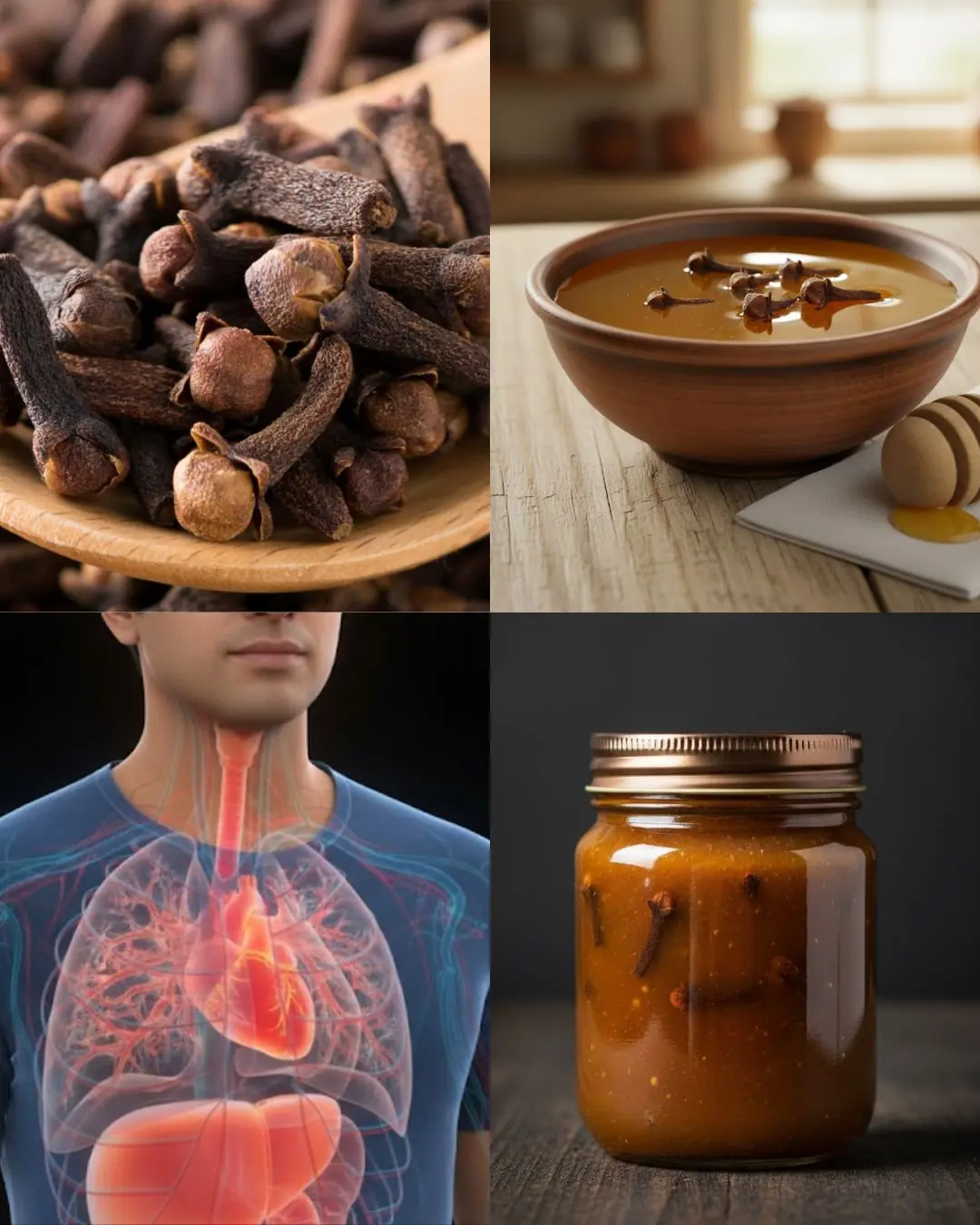
Clove-Infused Honey Power: A Natural Wellness Booster You Can Make at Home
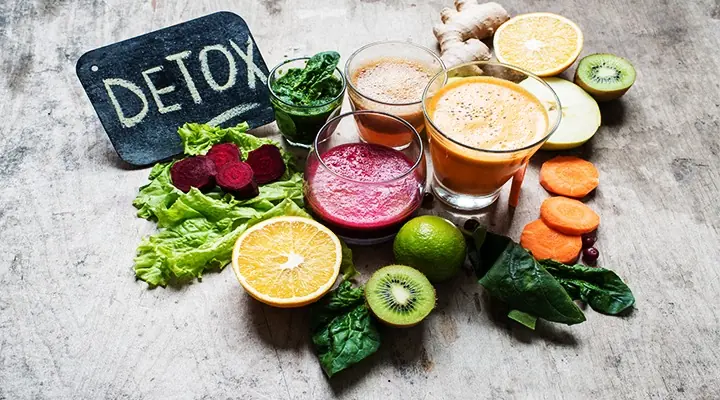
How to Detoxify and Cleanse Each Organ to Never Be Sick or Tired Again

NEW 10 UNUSUAL SIGNS OF COLON CANCER

Don’t throw these 4 things when someone passes away

Neuroscientist reveals the 500-calorie “fast” that doubles autophagy and resets your metabolism in just 3 days

Eat Celery Regularly for a Healthier Digestive System and Lower Blood Sugar Levels
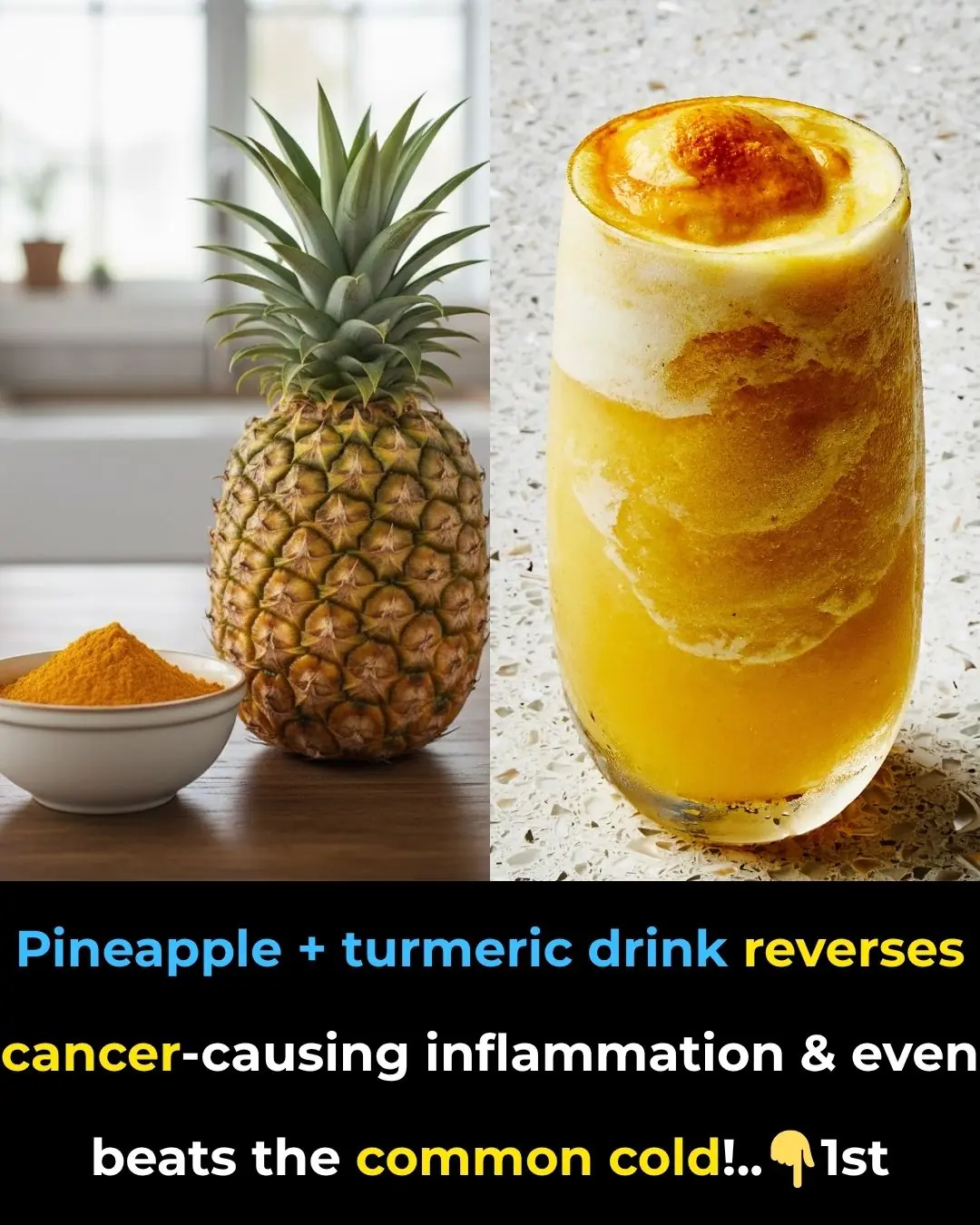
Pineapple And Turmeric Drink Reverses Cancer-Causing Inflammation And Even Beats The Common Cold!
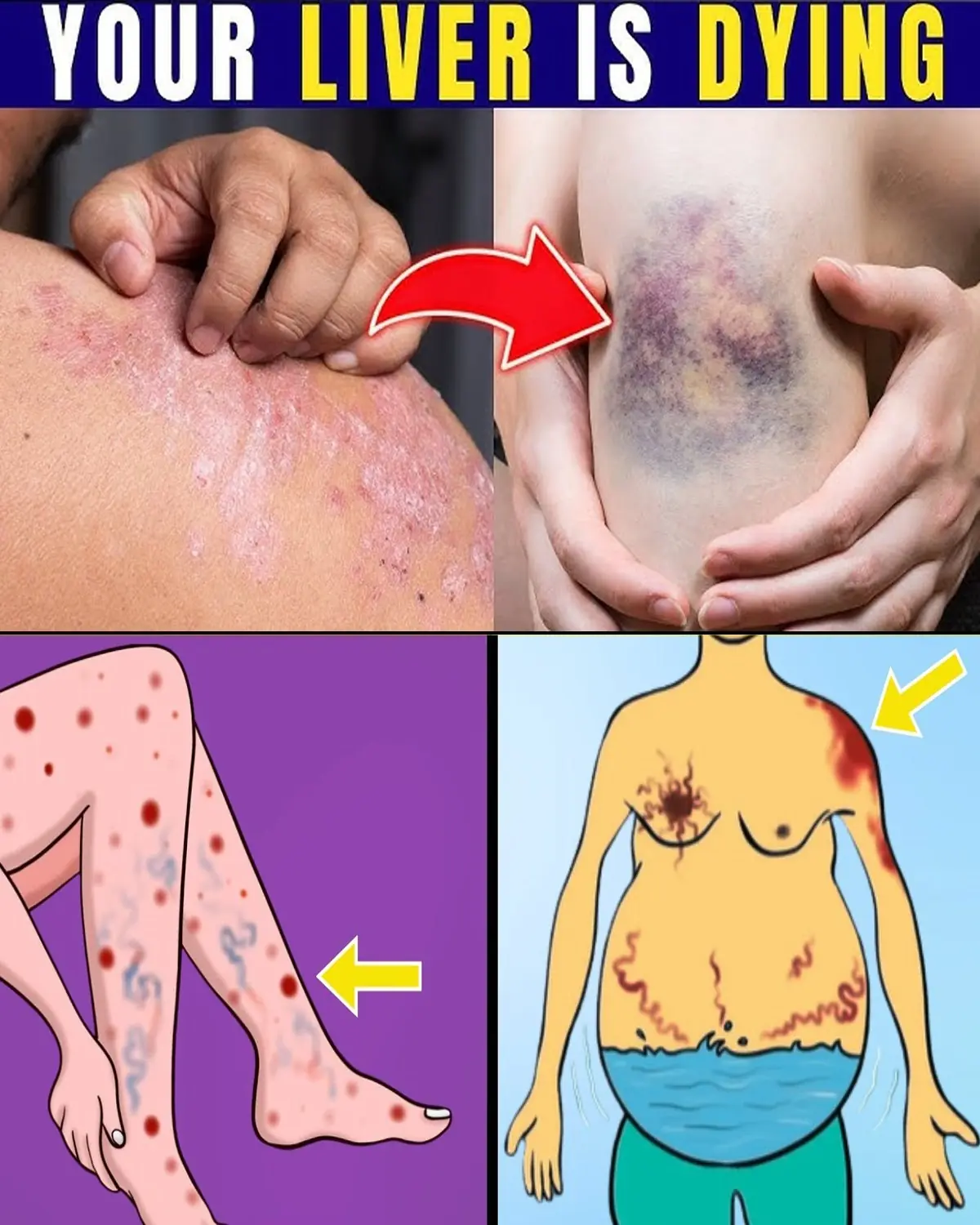
Warning: 12 Weird Signs That Show You’re Having Liver Damage
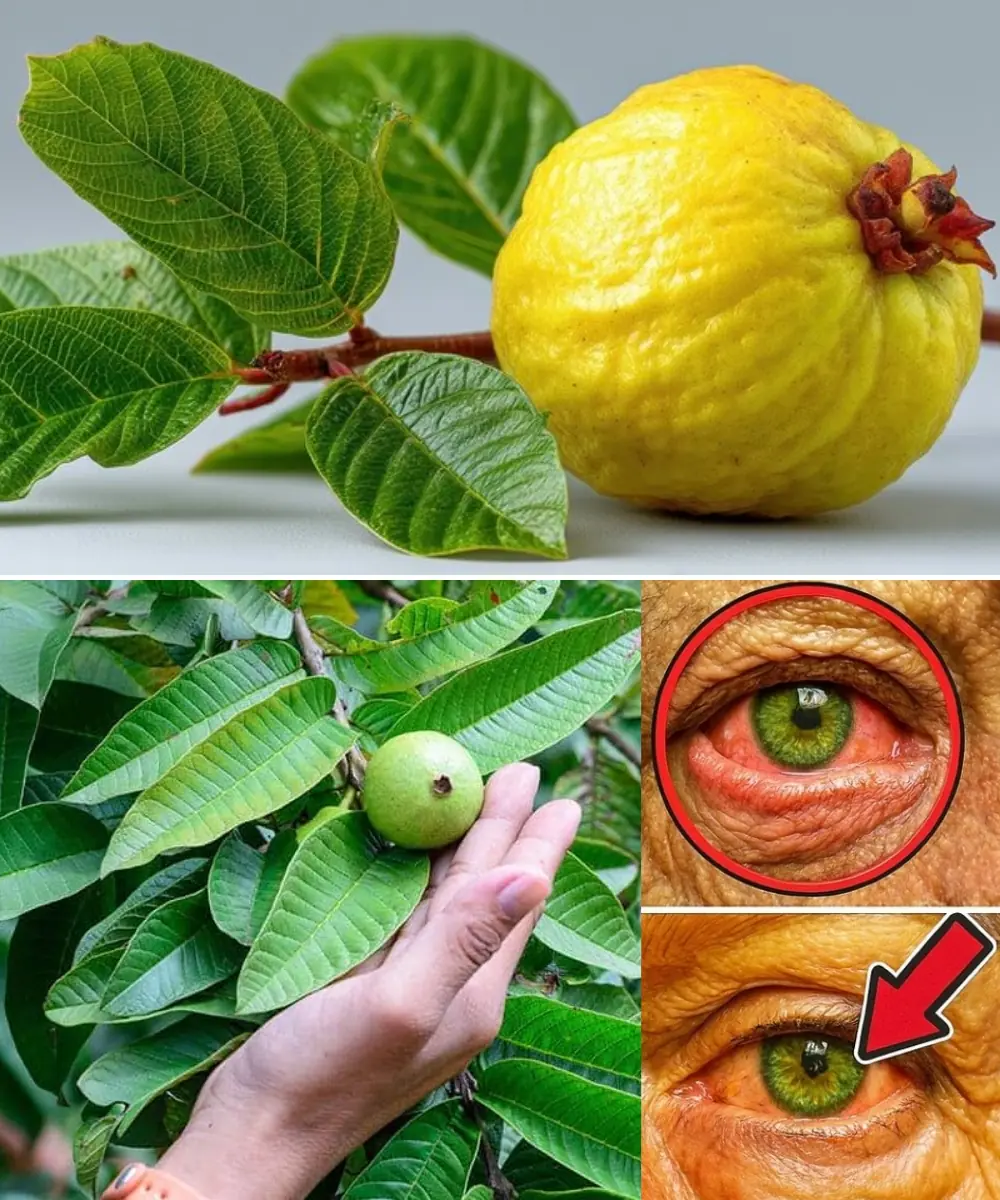
How to Use Guava to Care for Your Eyes: Natural Remedies That Surprise 🌿
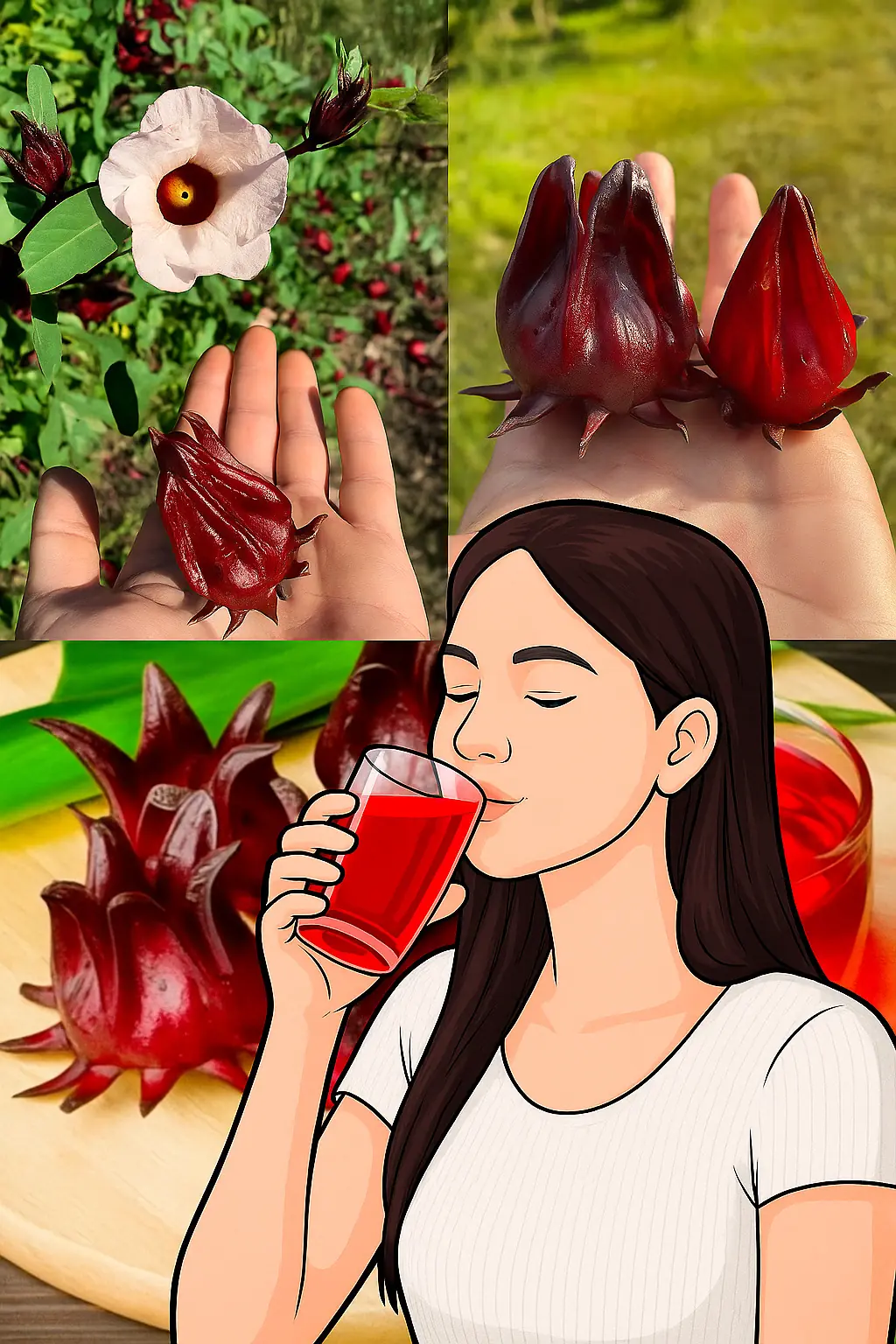
Roselle: The Scarlet Herbal Treasure with Powerful Health Benefits
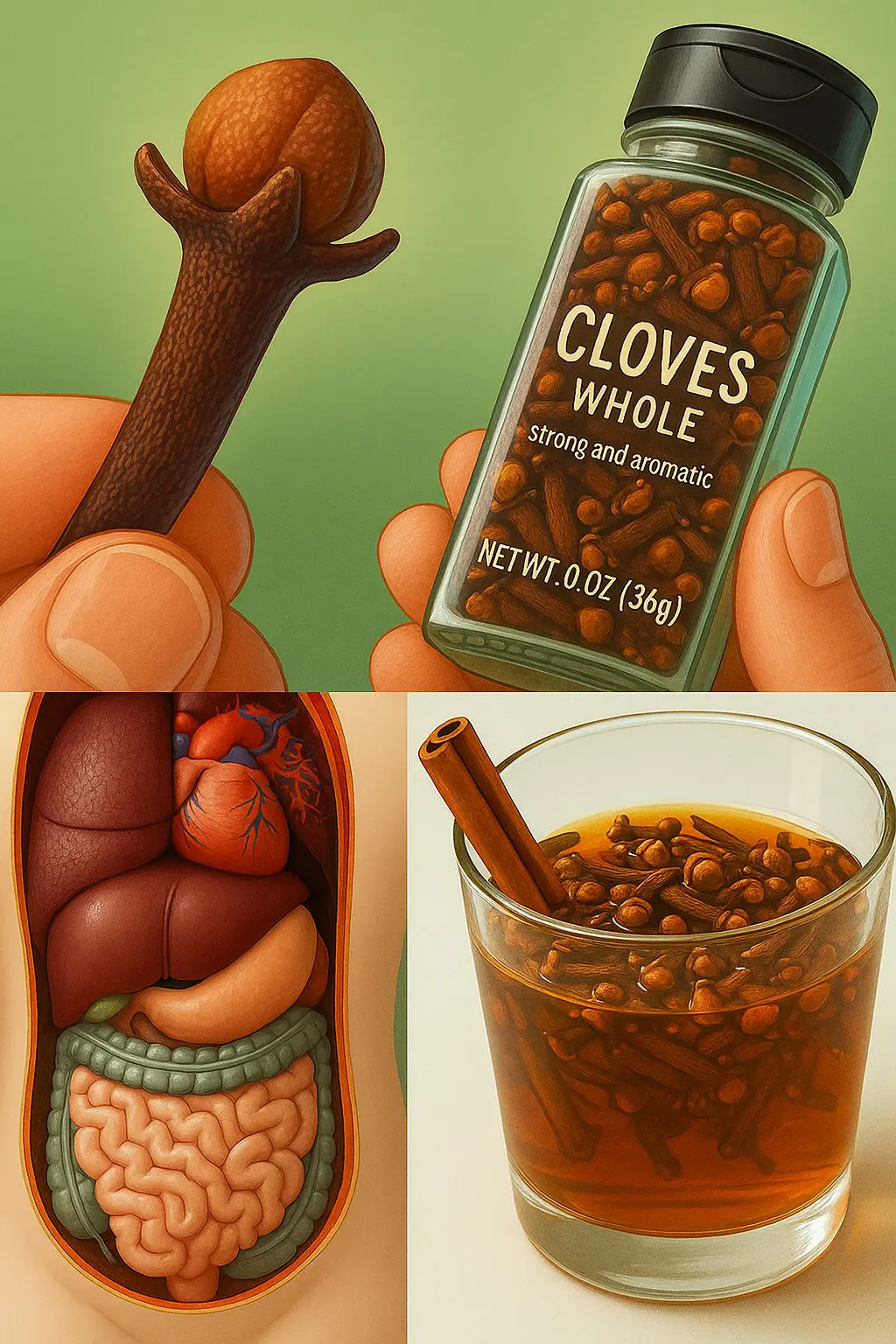
Drink Cloves with Cinnamon First Thing in the Morning: See What Happens to Your Body the Next Day!

Senna Alata: The Healing Candle Bush with 30 Impressive Benefits and Easy Homemade Uses

Are Crocs Actually Bad for Your Feet

Popular Blood Pressure Drug Linked To Increased Risk of Skin And Lip Cancer

Dead Butt Syndrome Is Real

A 3-Year-Old Girl Bit a Thermometer and Swallowed Mercury: A Mother’s Smart Reaction Saved Her Daughter’s Life and Earned the Doctor’s Praise
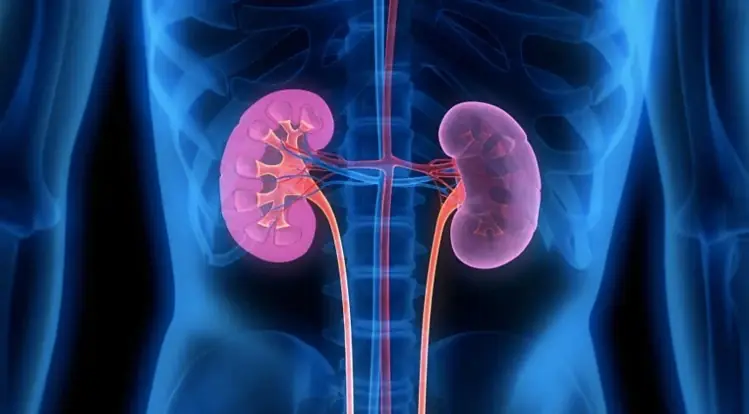
5 Signs of Kidney Failure That, If Ignored, Could Lead to a Lifetime of Dialysis
News Post

Finding Her Voice: How a Fall Led Beth to Advocacy and Hope

Hampton Rose: A Heart Angel Whose Legacy Continues to Inspire

Don’t Boil Chicken with Just Salt and Water—Try This Method for Golden Skin and Juicy Meat
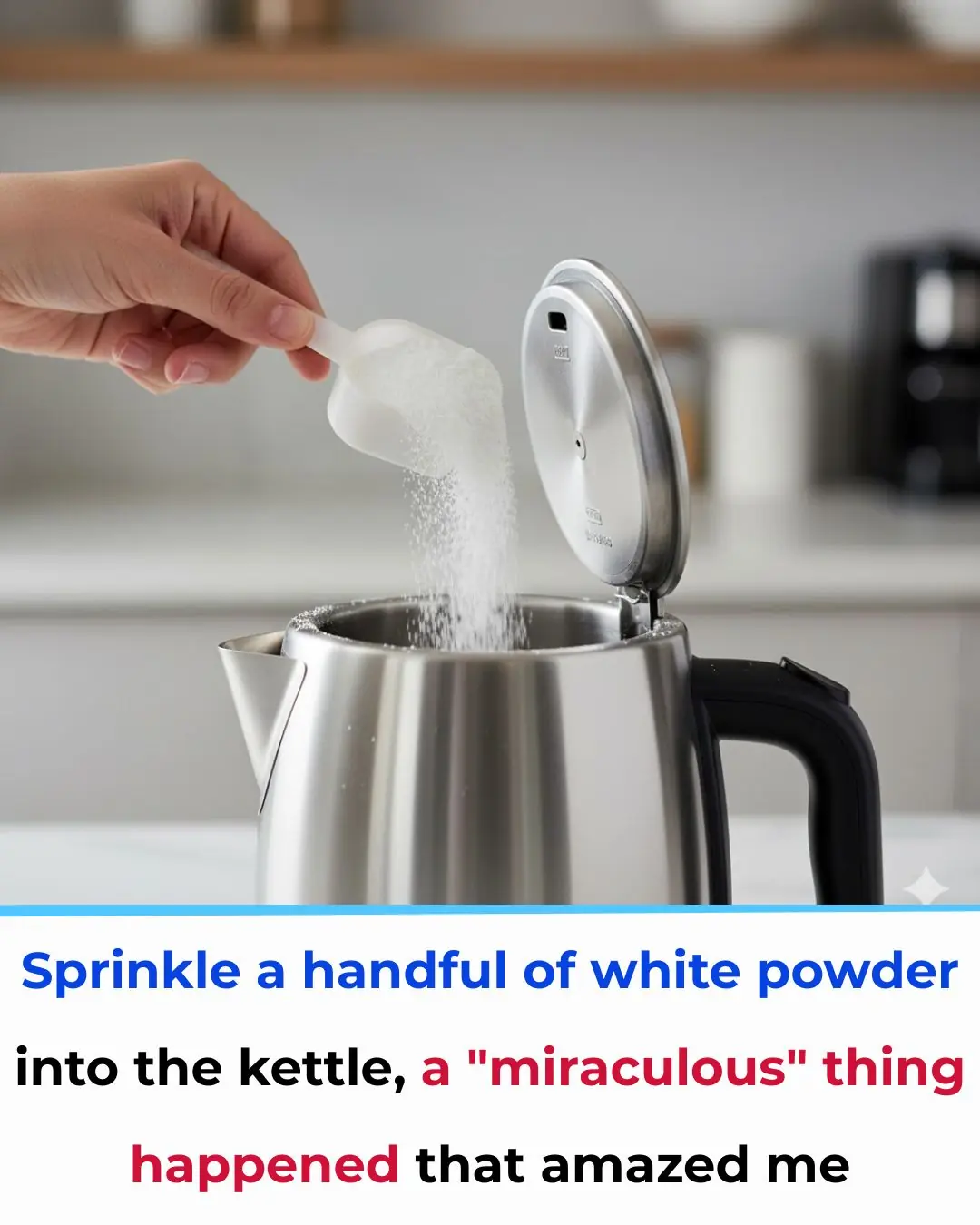
Sprinkle a Handful of White Powder into Your Kettle—The “Magical” Result Will Astonish You

Don’t Wash New Clothes with Soap—Soak Them in This Instead, and They’ll Keep Their Color for 5 Years

Here’s What Really Happens To Your Body If You Drink Diet Soda

Roselle: The Scarlet Herbal Treasure with Powerful Health Benefits

Clove-Infused Honey Power: A Natural Wellness Booster You Can Make at Home

Best DIY to regrow new hair on your bald patch

Natural Hair Darkening with Coffee and Cornstarch: A DIY Treatment for Grey Hair and Healthy Scalp
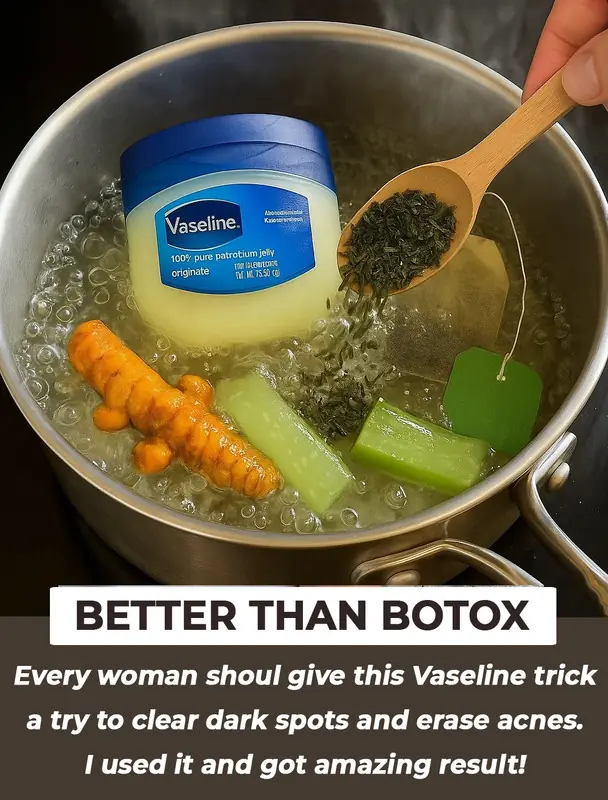
DIY Botox With Vaseline: A Natural Anti-Aging Remedy for Wrinkles, Fine Lines, and Age Spots

CCF Tea to Burn Belly Fat

Best Bridal Ubtan & Face Packs

DIY Clove Oil for Skin Tightening: A Natural Anti-Aging Remedy for Wrinkles and Fine Lines

Turmeric Eye Mask for Dark Circles: A Natural Remedy for Brighter, Youthful Eyes

Rice Water for Skin | DIY Toner Benefits to Remove Dark Spots & Shrink Large Pores
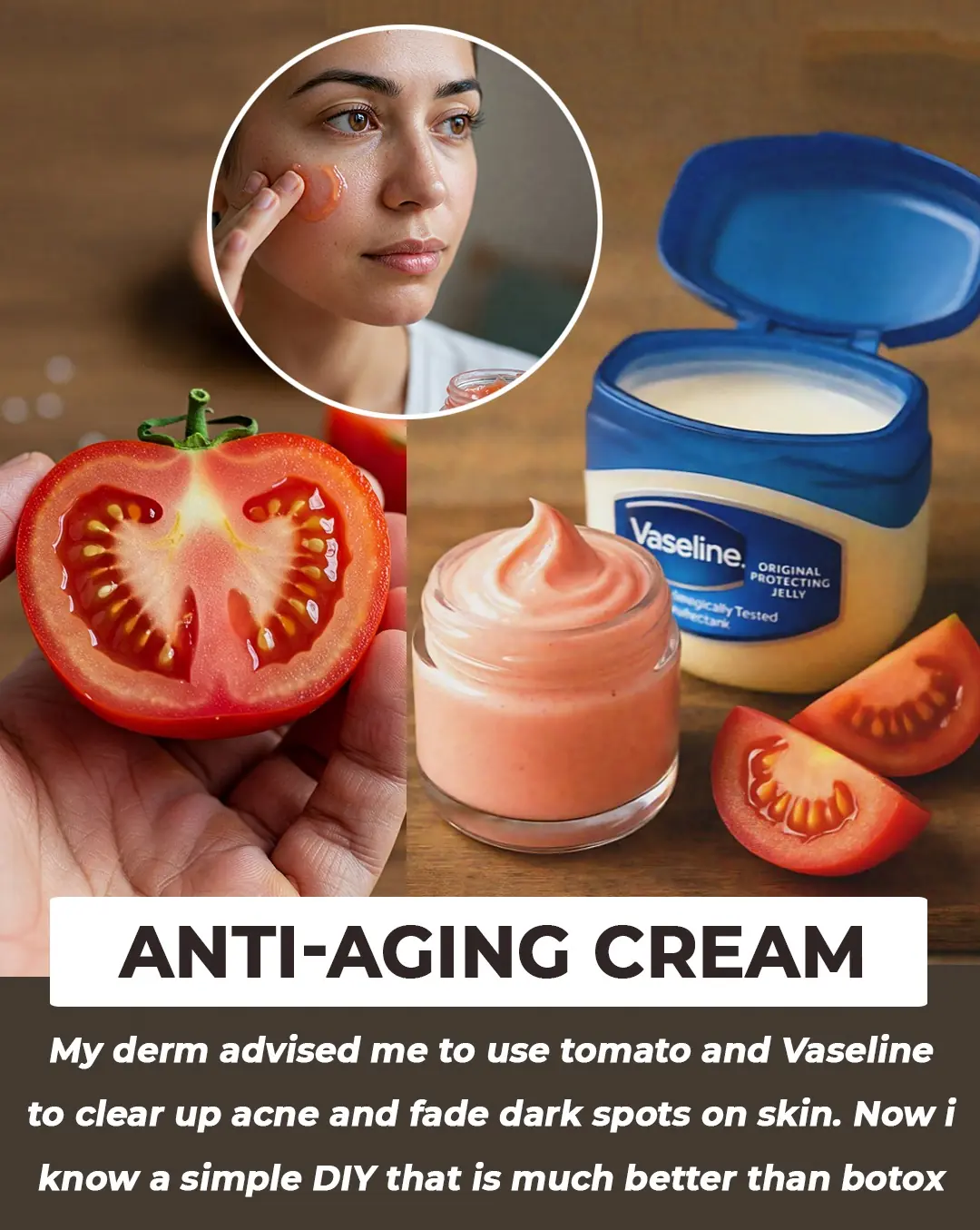
Best Anti-Ageing Cream with Vaseline and Tomato
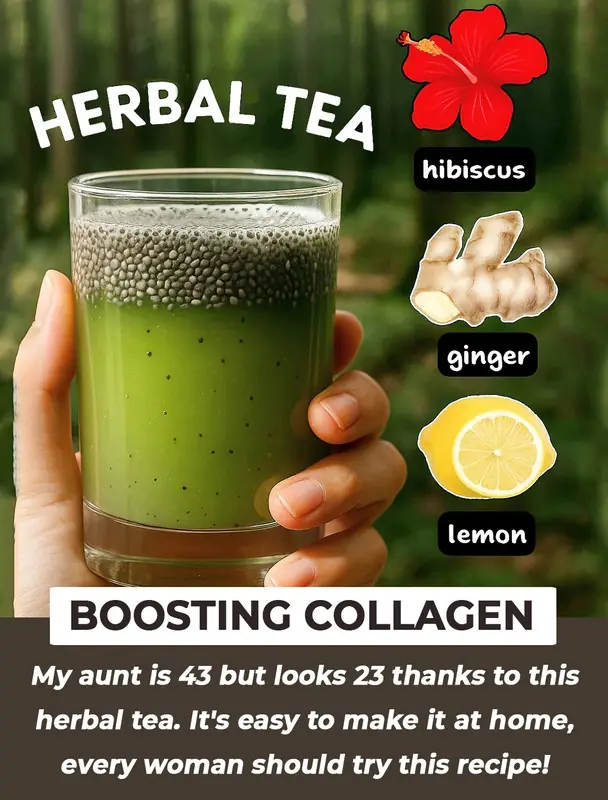
Collagen-Boosting Herbal Tea Recipe: Natural Anti-Aging Drink for Youthful, Glowing Skin
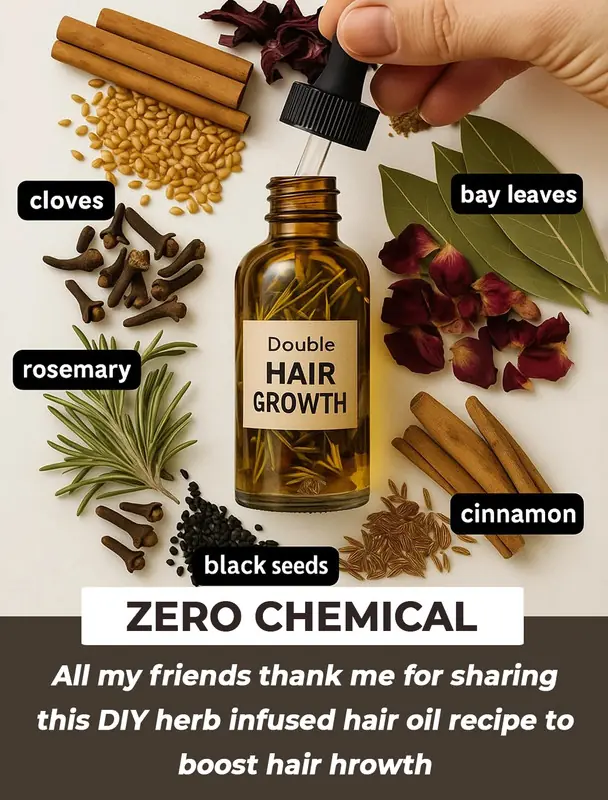
Golden Recipe to Boost Hair Growth Naturally: This Powerful Herb-Infused Hair Oil Can Stimulate Hair Growth and Prevent Hair Loss
